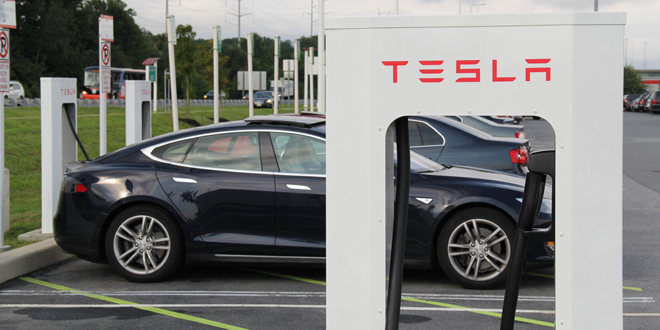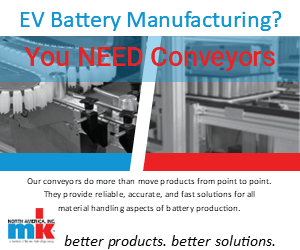The California Air Resources Board (CARB) has posted final modifications to its Zero Emission Vehicle (ZEV) Regulation for public comment. The ZEV rules require automakers to sell a certain number of zero-emission (battery-electric or fuel cell) vehicles in California. It also provides for automakers who don’t sell enough ZEVs to purchase excess credits from other companies.
The ZEV regulations are famously complex. You can read the details of the final tweaks on CARB’s web site if you like, but the main implications seem to be good news for fuel cell vehicles and bad news for Tesla’s battery-swapping system.
Different types of ZEVs earn different amounts of credit for their makers. Those with the ability to refuel to 95% of full capacity within 15 minutes can earn extra credit. Given today’s technology, this means either a fuel cell vehicle or an EV with battery-swapping capability.
Under these latest modifications, manufacturers of battery EVs (but not fuel cell vehicles) will be required to submit usage data in order to qualify for fast refueling credits. This seems to mean that Tesla will have to prove that drivers are actually using the Model S’s battery-swapping capability if it wants to earn the extra ZEV credits.
Some observers are predicting that the additional paperwork will cause Tesla’s interest in battery-swapping to wane. However, that may already be happening. When Tesla first demonstrated battery swapping, Elon Musk said that every Supercharger station would eventually have the capability. In early 2014 however, he said it would be implemented between Los Angeles and San Francisco on a trial basis, and that the company would see how often people use it before making plans for expansion. He has also noted more than once that higher-powered and/or wireless charging will someday reduce the rationale for swapping.
Tesla has made a nice little side business out of selling ZEV credits (some $130 million worth in 2013), but it has never considered the program a long-term source of revenue, and generally doesn’t include any ZEV revenue in its predictions of future earnings.
Source: Green Car Congress, InsideEVs, CARB
Image: Jeff Cooper/Flickr



















































